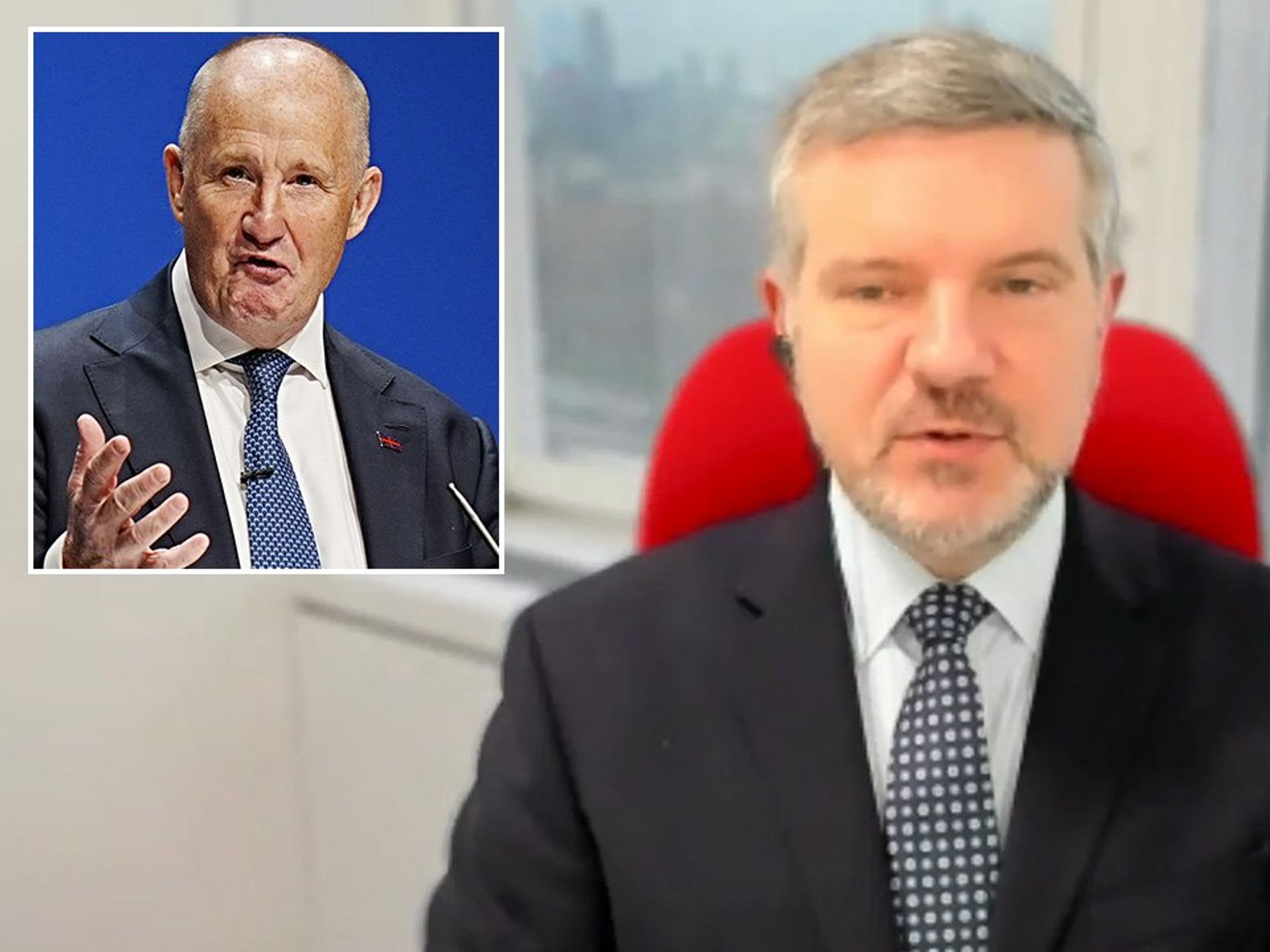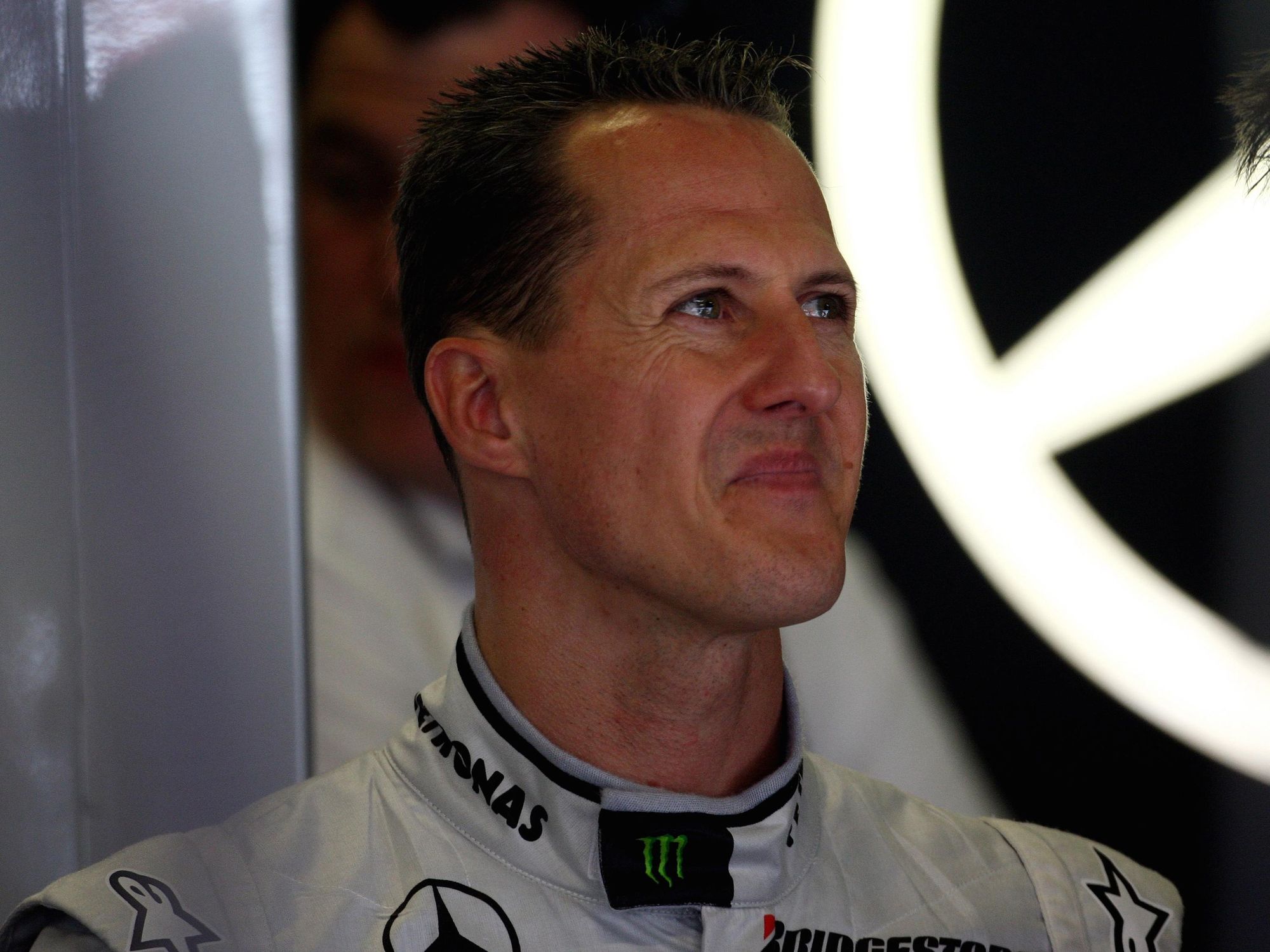Russia ramps up WW3 rhetoric as it vows to 'develop military response' to US long-range missiles
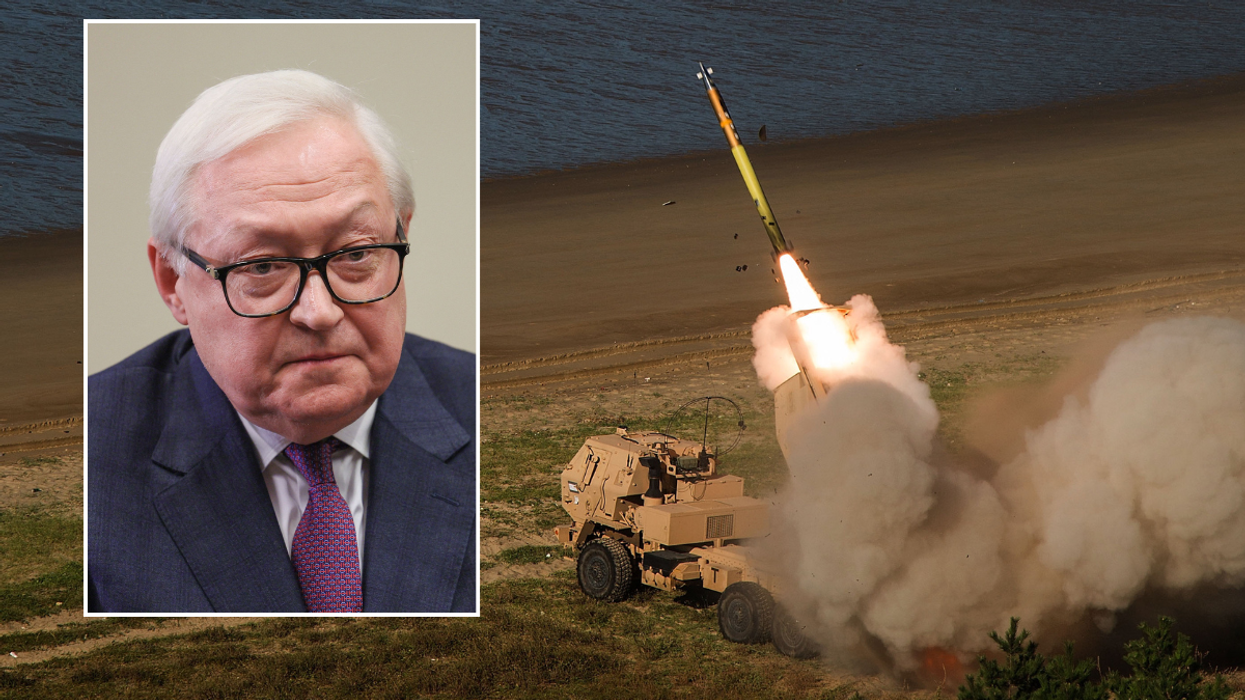

Kremlin spokesman Dmitry Peskov said tensions are 'escalating'
Don't Miss
Most Read
Russia has said it will develop a "military response" to the planned US deployment of long-range missiles in Germany.
Deputy Foreign Minister Sergei Ryabkov was quoted as saying the decision to deploy the missiles in Germany is aimed at damaging Russia's security.
The United States and Germany announced at a Nato summit in Washington on Wednesday that they would begin deploying long-range fire capabilities in Germany in 2026.
Ryabkov said Moscow had anticipated the move which he said was designed to intimidate Russia and which further destabilised regional security and strategic relations.
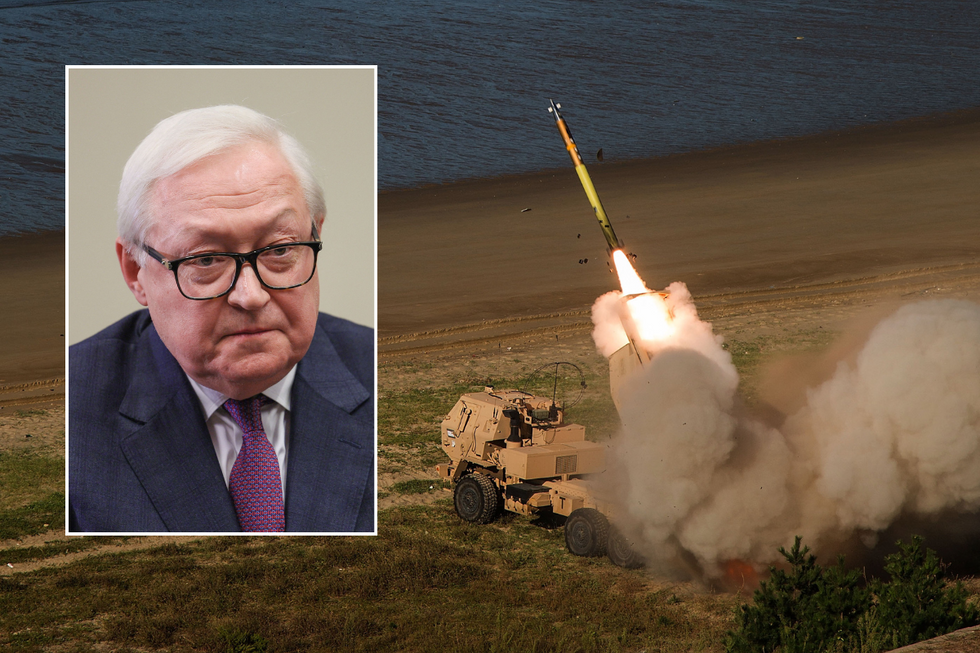
Deputy Foreign Minister Sergei Ryabkov
|Getty/Reuters
In a statement on the Foreign Ministry's office, he said: "The necessary work on the preparation of balancing countermeasures by the relevant Russian state agencies was started well in advance and is being carried out on a systematic basis.
Interfax news agency quoted him as saying: "Without nerves, without emotions, we will develop a military response, first of all, to this new game."
Kremlin spokesman Dmitry Peskov said: "The North Atlantic alliance has once again very clearly confirmed its essence. It is an alliance created in an era of confrontation with the aim of maintaining confrontation.
"Tensions on the European continent are escalating" as a result, he added, saying the Kremlin was watching as Nato's military infrastructure crept closer.
LATEST ON THE WAR IN UKRAINE:
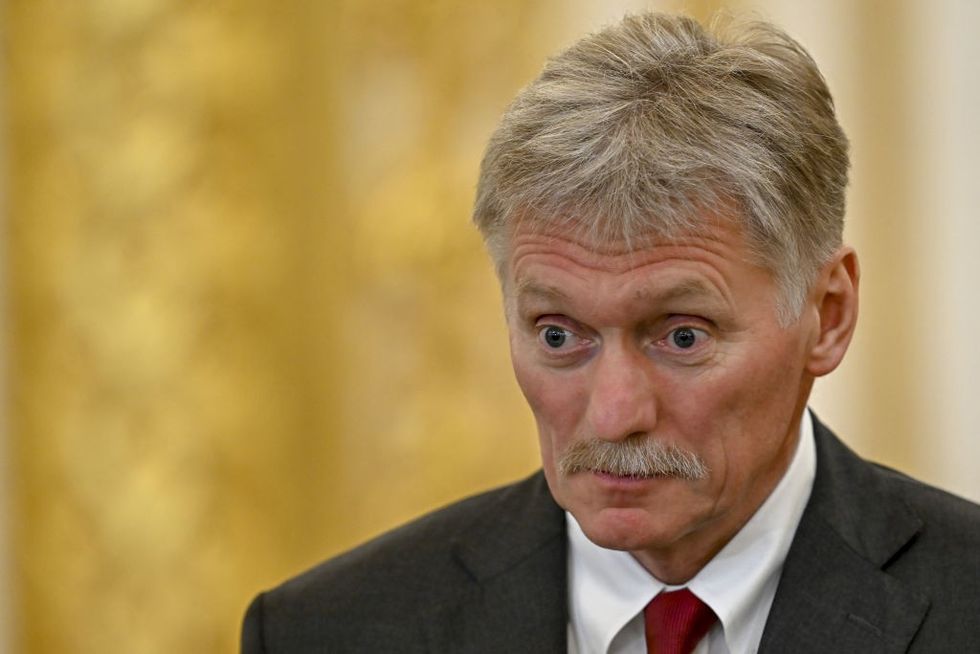
Kremlin spokesman Dmitry Peskov
|Getty
Peskov added: "We see the decisions taken in Nato to create separate logistics hubs in Black Sea cities, the opening of additional facilities in Europe, and we see that in fact Nato's military infrastructure is constantly and incrementally moving towards our borders.
"This obliges us to analyse very deeply the decisions taken in the discussion that took place. This is a very serious threat to the national security of our country. All of this will require us to take thoughtful, coordinated, effective responses to deter Nato, to counteract Nato."
Since the start of the conflict in Ukraine in February 2022, Peskov has described what Moscow calls its "special military operation" there as a move aimed at securing Russia's own security against the West and a hostile, pro-Western Ukrainian political leadership.
Kyiv and the West dismiss Russia's characterisation of the conflict, saying Moscow is waging an aggressive colonial-style war of conquest in Ukraine, which won independence when the Russian-dominated Soviet Union broke up in 1991.
Last month, Putin said Russia should resume production of intermediate and shorter-range nuclear-capable missiles and then consider where to deploy them after the US brought similar missiles to Europe and Asia.
He had previously spoken of agreeing not to deploy such missiles in Russia's Baltic exclave of Kaliningrad but said the US had resumed their production, brought them to Denmark for exercises and also taken them to the Philippines.
Ground-based missiles with a range exceeding 500km (310 miles) were banned until 2019 under the Intermediate-Range Nuclear Forces (INF) Treaty signed in 1987 by the Soviet Union's Mikhail Gorbachev and then-US President Ronald Reagan.
The United States withdrew from the INF Treaty in 2019, saying that Moscow was violating the accord, something the Kremlin denied.





